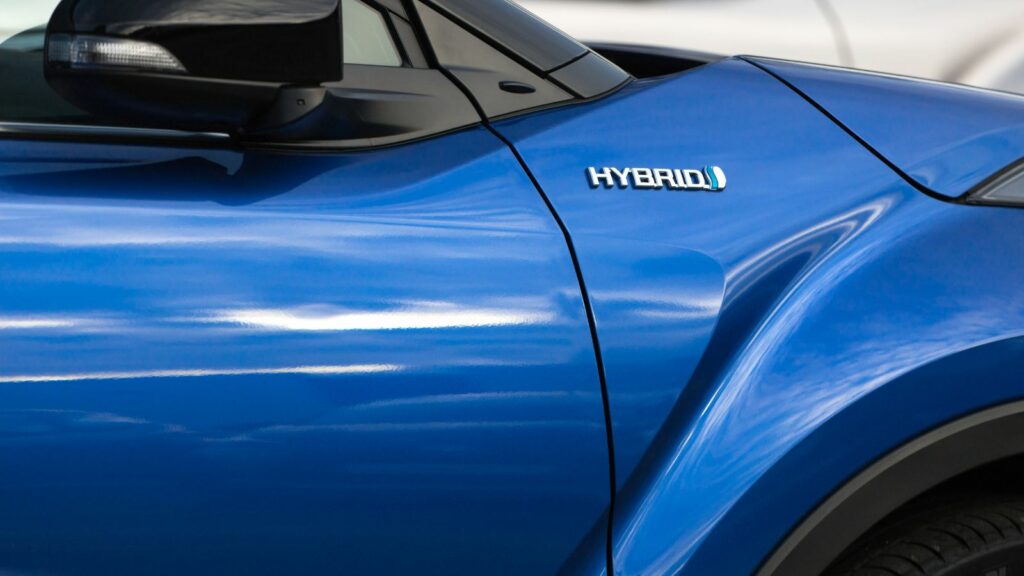Hybrid cars have been marketed as the perfect middle ground between traditional gasoline engines and fully electric vehicles. They promise lower emissions, higher fuel efficiency, and long-term savings that appeal to both eco-conscious drivers and budget-minded commuters. But beneath the marketing shine lies a more complicated truth. Are hybrids genuinely cheaper to own and operate over time, or do their higher upfront costs and complex systems cancel out the benefits? The real answer depends on how you drive, how long you keep your vehicle, and where you live.
The Upfront Cost Dilemma
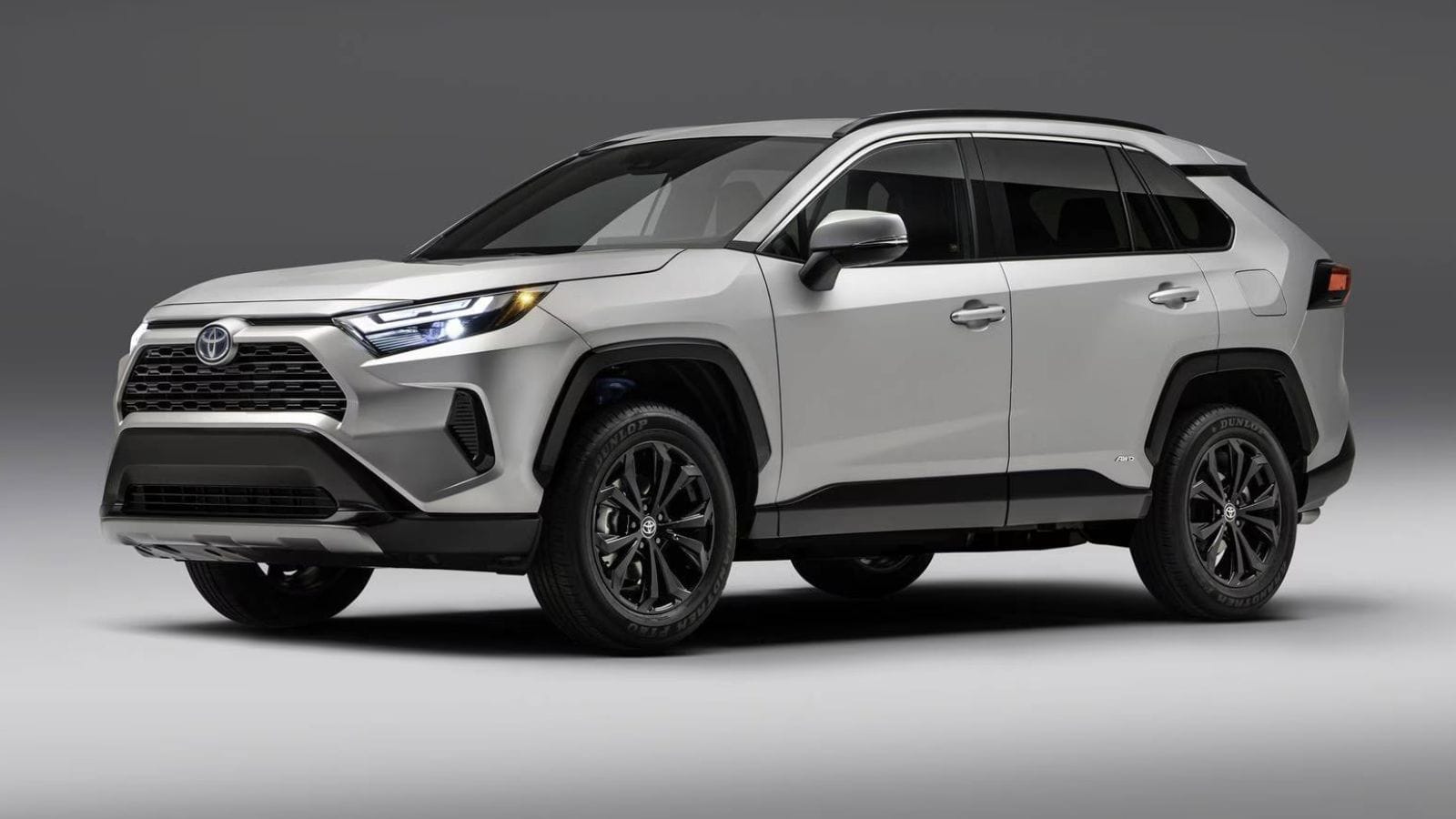
One of the biggest hurdles for potential hybrid buyers is the initial price tag. Compared to their gasoline equivalents, hybrids are often several thousand dollars more expensive. A Toyota RAV4 Hybrid or a Honda Accord Hybrid, for instance, can cost between three to six thousand dollars more than the standard gas versions. This is largely due to the advanced technology involved, including electric motors, regenerative braking systems, and large high-voltage batteries.
Manufacturers argue that this price difference is offset by long-term fuel savings, but that only becomes true for certain drivers. If your commute involves a lot of city driving with stop-and-go traffic, you will benefit more because hybrids perform best in those conditions. The constant braking recharges the battery, allowing more electric-only operation at low speeds. On the highway, however, the gas engine does most of the work, and the advantage shrinks considerably.
So, while a hybrid can eventually pay for itself, it depends entirely on how and where it is driven. The person who drives short distances or spends most of their time on the highway may never see a meaningful financial return.
Fuel Savings Add Up — But Gradually
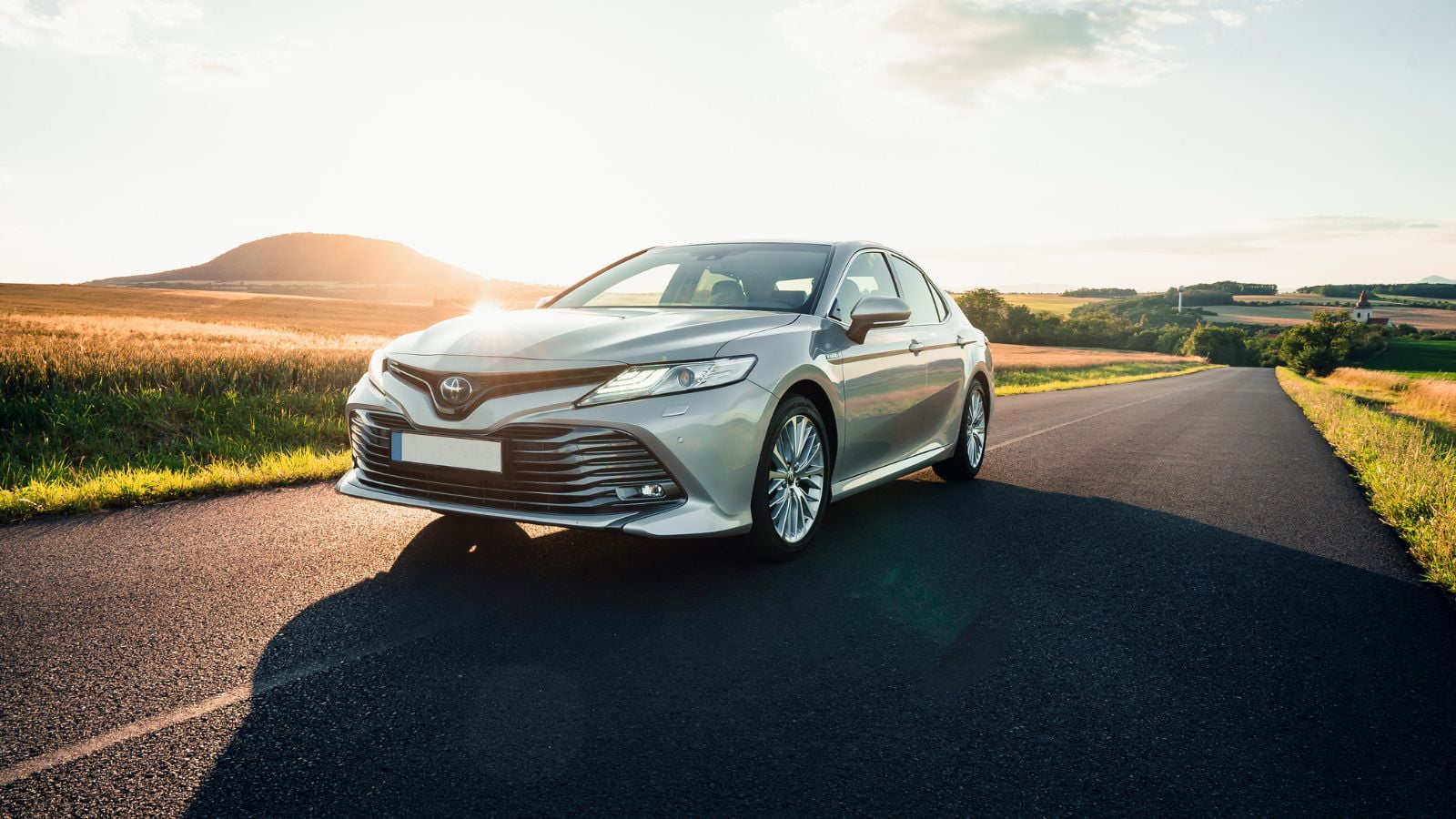
There is no denying that hybrids sip fuel compared to traditional vehicles. A hybrid sedan like the Toyota Camry Hybrid can average over 50 miles per gallon (around 4.7 liters per 100 kilometers), which is a big improvement over most gas models. For drivers covering twenty thousand kilometers a year, the savings can add up to hundreds or even a thousand dollars annually depending on local gas prices.
However, these savings accumulate slowly. Studies have shown that it can take anywhere from five to eight years of regular driving for the average hybrid owner to break even compared to a conventional car. This means if you trade vehicles frequently or lease short term, you might never reach the point where the hybrid saves you money.
Still, for those who keep their cars for a decade or longer, hybrids often deliver noticeable savings. The difference becomes especially clear in regions where gasoline prices remain high or where city driving dominates the daily routine.
Maintenance Costs Are a Mixed Bag
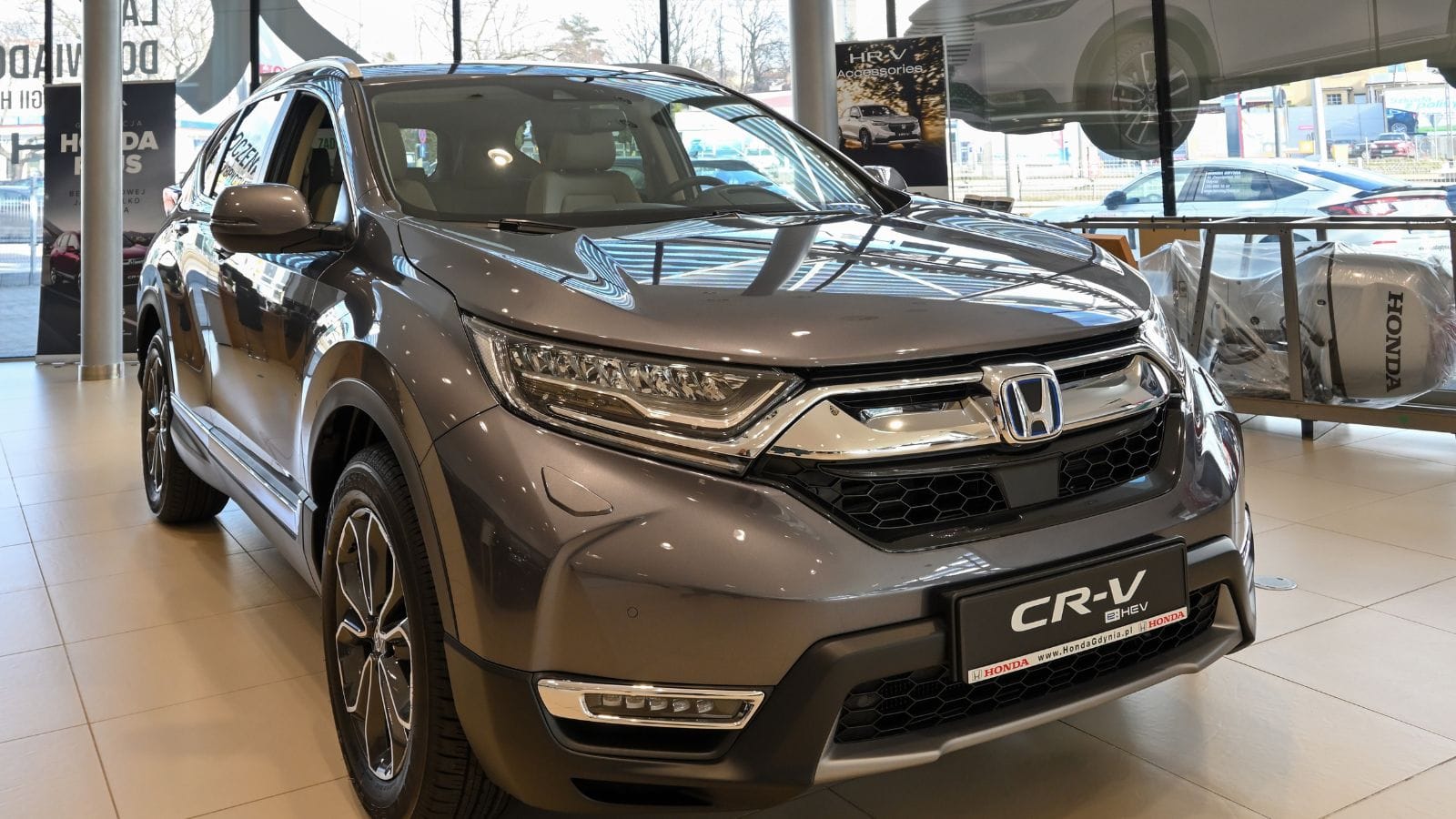
One of the biggest myths surrounding hybrids is that they are always more expensive to maintain. In truth, the picture is more nuanced. Hybrids tend to be easier on their engines because the electric motor reduces stress during acceleration and idle time. This can mean fewer oil changes, less engine wear, and longer service intervals.
Regenerative braking also means brake pads and rotors last much longer than in a conventional car. Some hybrid owners go over one hundred thousand kilometers before needing new brakes.
However, hybrids have added complexity. There are more components under the hood, including the electric drive system, power control units, and cooling systems for the battery. While these rarely fail in modern hybrids, when they do, repairs can be costly. Mechanics trained to service hybrid systems are also more specialized, which can increase labor rates at dealerships or certified shops.
In short, hybrid maintenance can be cheaper year to year but more expensive when major repairs arise.
The Battery Question That Never Goes Away
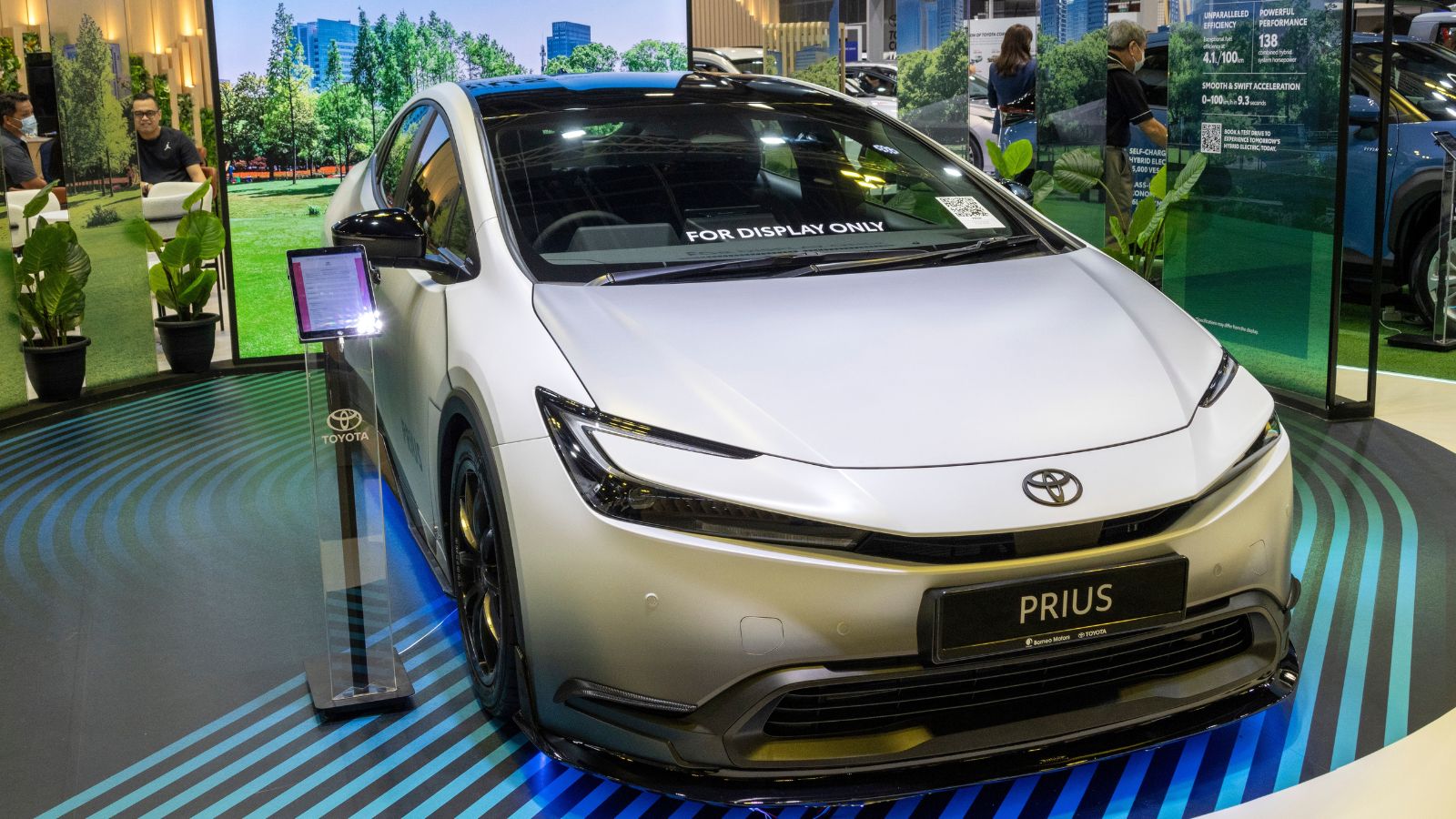
Every conversation about hybrid costs eventually leads to the same topic — battery longevity. Modern hybrid batteries are far more reliable than early designs, with most lasting between 8 to 15 years or well over 250,000 kilometers. Manufacturers such as Toyota and Honda have invested decades into refining their hybrid battery systems, with many still performing strongly after hundreds of thousands of kilometers.
However, battery replacement remains a potential cost that cannot be ignored. Replacement prices range between three thousand and ten thousand dollars depending on the model. Fortunately, many hybrids include long battery warranties, often eight to ten years or up to 160,000 kilometers, giving owners peace of mind.
Environmental conditions also play a major role in battery life. Hybrids used in extremely cold or hot climates may see faster battery degradation, while those driven in mild conditions tend to last much longer. Proper maintenance of the cooling systems and regular use are key factors that keep batteries healthy.
Insurance, Repairs, and Resale Value
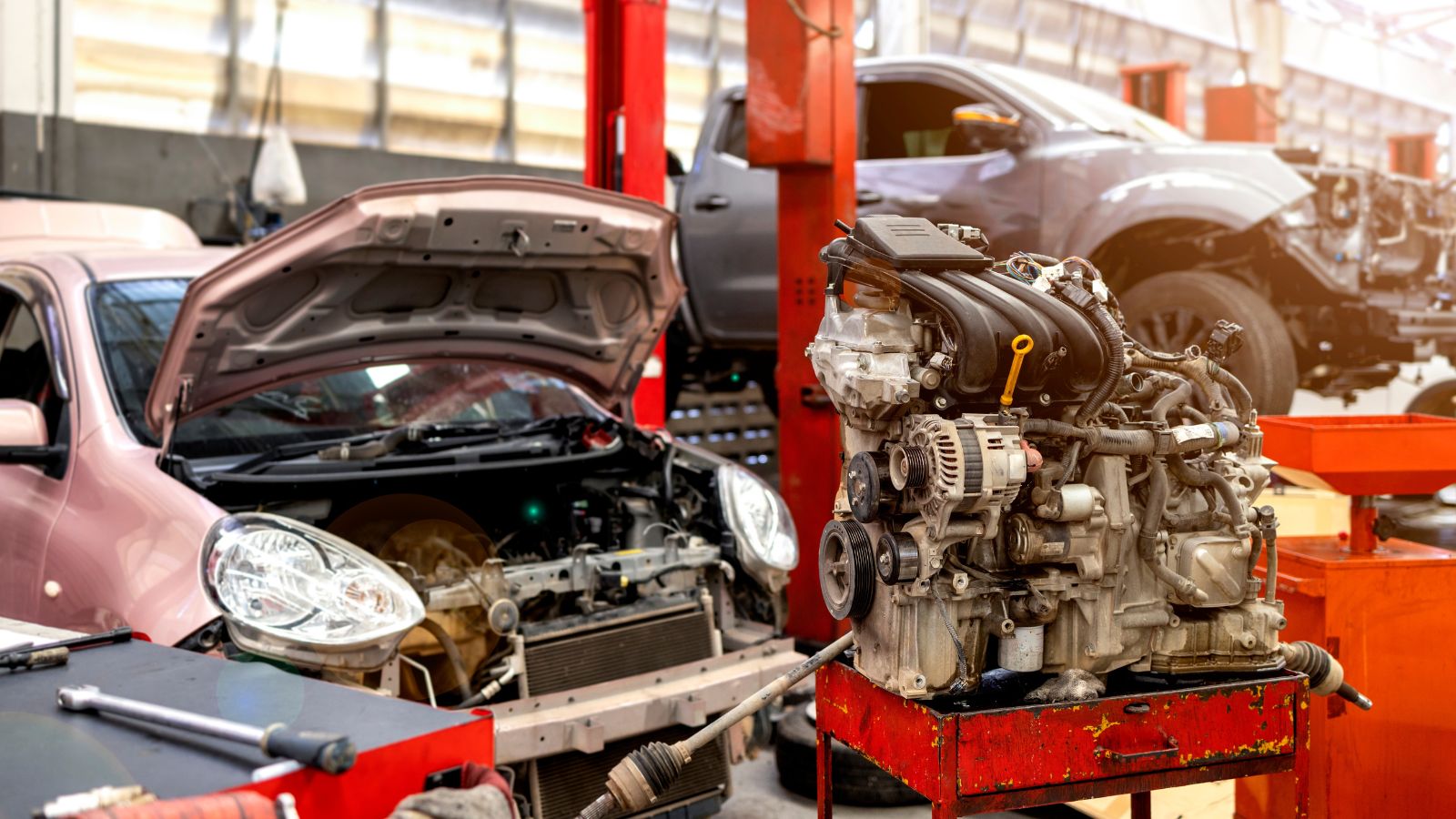
Another often-overlooked factor is insurance. Because hybrid systems can be more expensive to repair after an accident, some insurers charge slightly higher premiums. A fender bender that damages the power electronics or cooling system can quickly turn into a costly repair.
On the flip side, hybrids generally hold their value better than many conventional cars. With gas prices fluctuating, fuel-efficient models remain in high demand on the used market. A well-maintained hybrid from Toyota, Honda, or Hyundai often commands impressive resale prices even after a decade on the road. The Toyota Prius, for instance, remains one of the most sought-after used hybrids due to its reputation for reliability and efficiency.
The Canadian Factor
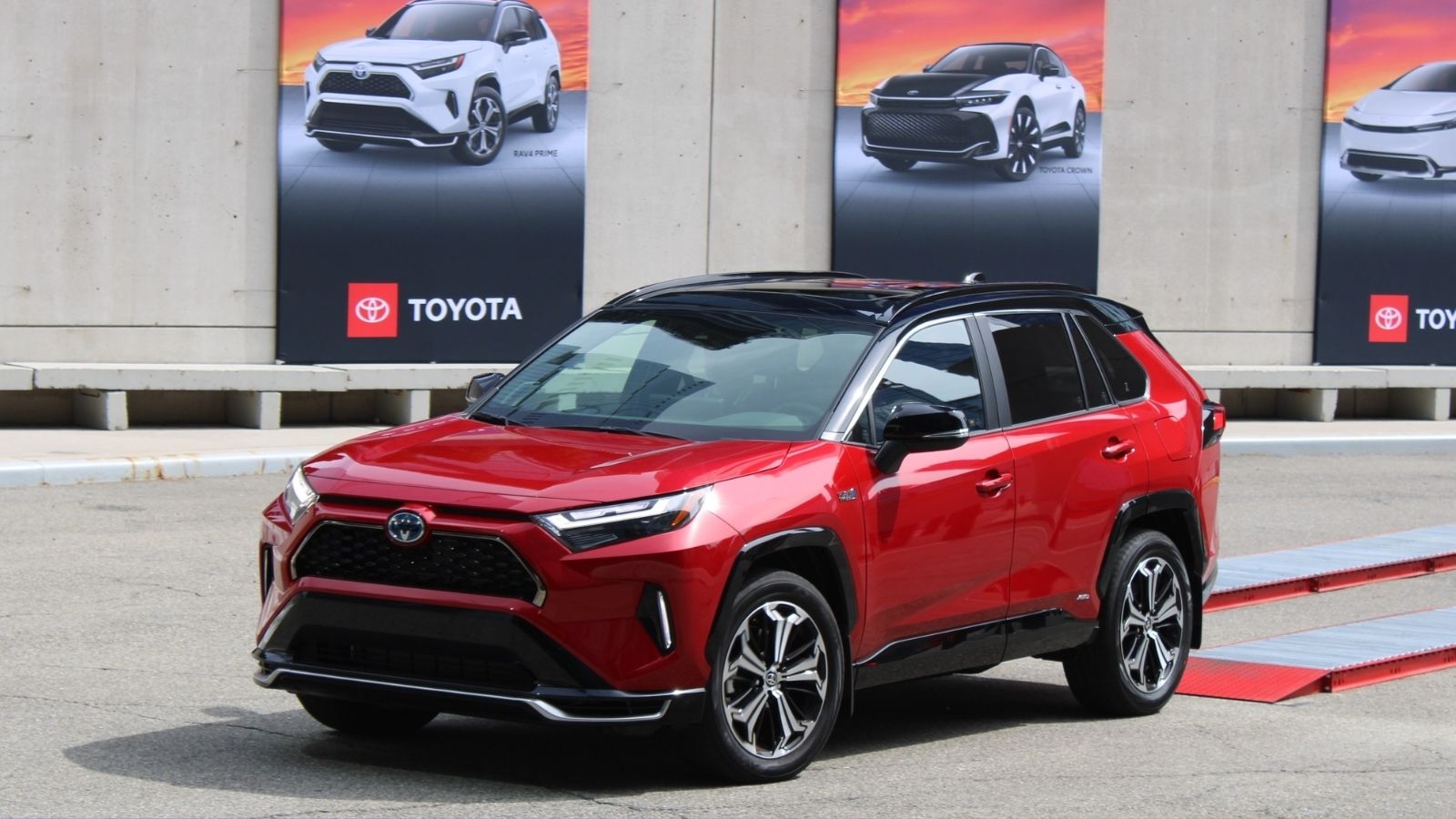
In Canada, the hybrid equation changes based on geography. Drivers in provinces like British Columbia and Quebec, where fuel prices are among the highest, see the quickest payback on hybrid investments. Those in colder provinces such as Alberta or Manitoba may experience slightly lower efficiency during winter, as hybrids rely more on their gasoline engines when temperatures drop.
Government rebates have also influenced hybrid ownership in Canada. While many programs now focus on fully electric vehicles, several provinces still offer incentives for plug-in hybrids that further reduce the initial purchase cost. Combined with lower emissions and improved fuel economy, hybrids remain an attractive choice for Canadian families looking for efficiency without range anxiety.
Comparing Hybrids to Electric Cars
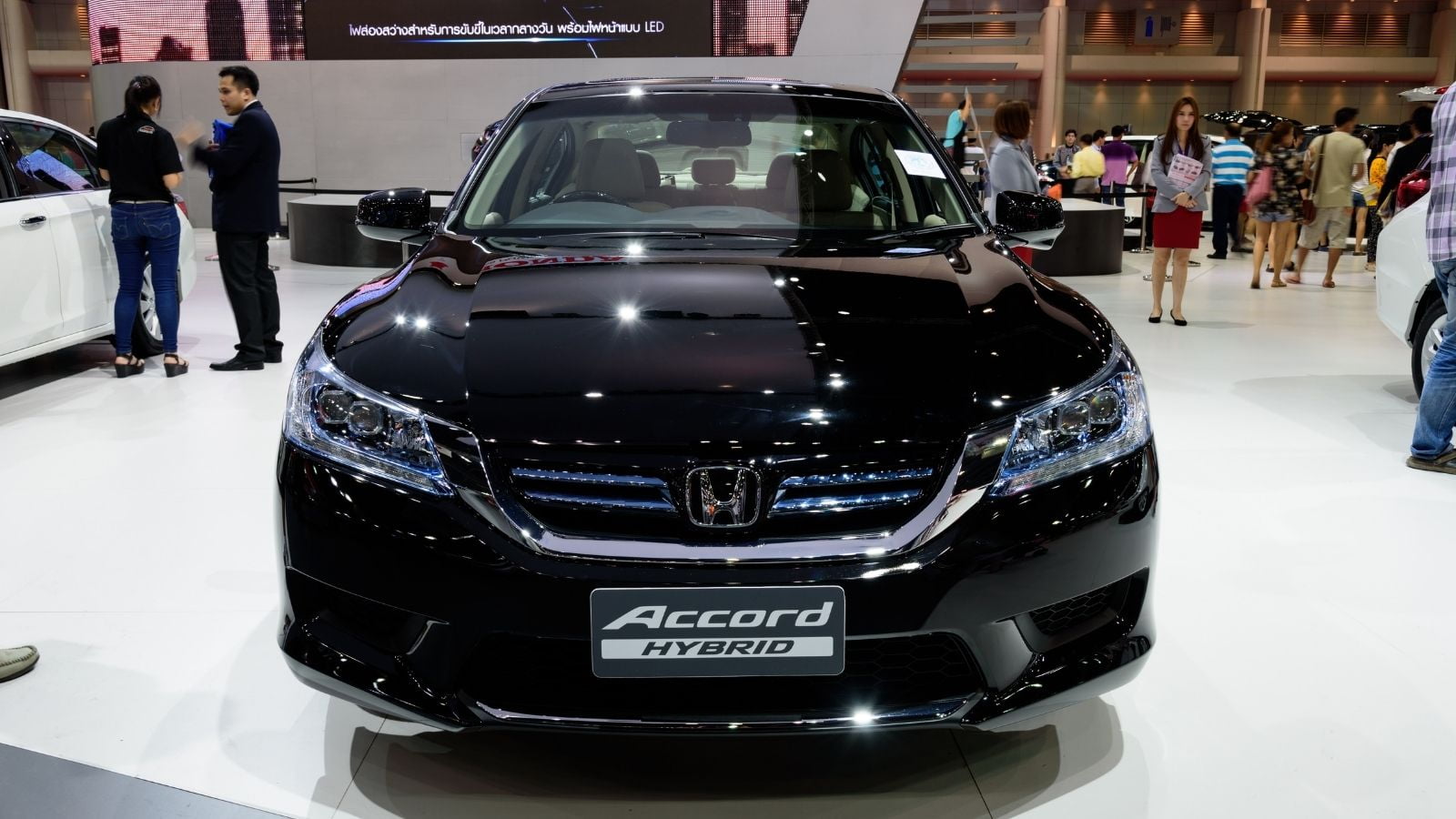
As electric vehicles become more mainstream, the hybrid’s role as a bridge technology is being challenged. EVs now offer lower running costs, fewer moving parts, and cheaper electricity per kilometer compared to gasoline. Yet hybrids maintain a key advantage convenience. They eliminate range anxiety and do not depend on a charging network, which is especially appealing in rural areas or regions with limited EV infrastructure.
For many Canadians and Americans alike, a hybrid offers the best of both worlds: efficiency without compromise. It provides a smoother introduction to electrification for those not ready to commit fully to an EV lifestyle.
The Verdict It Depends on You
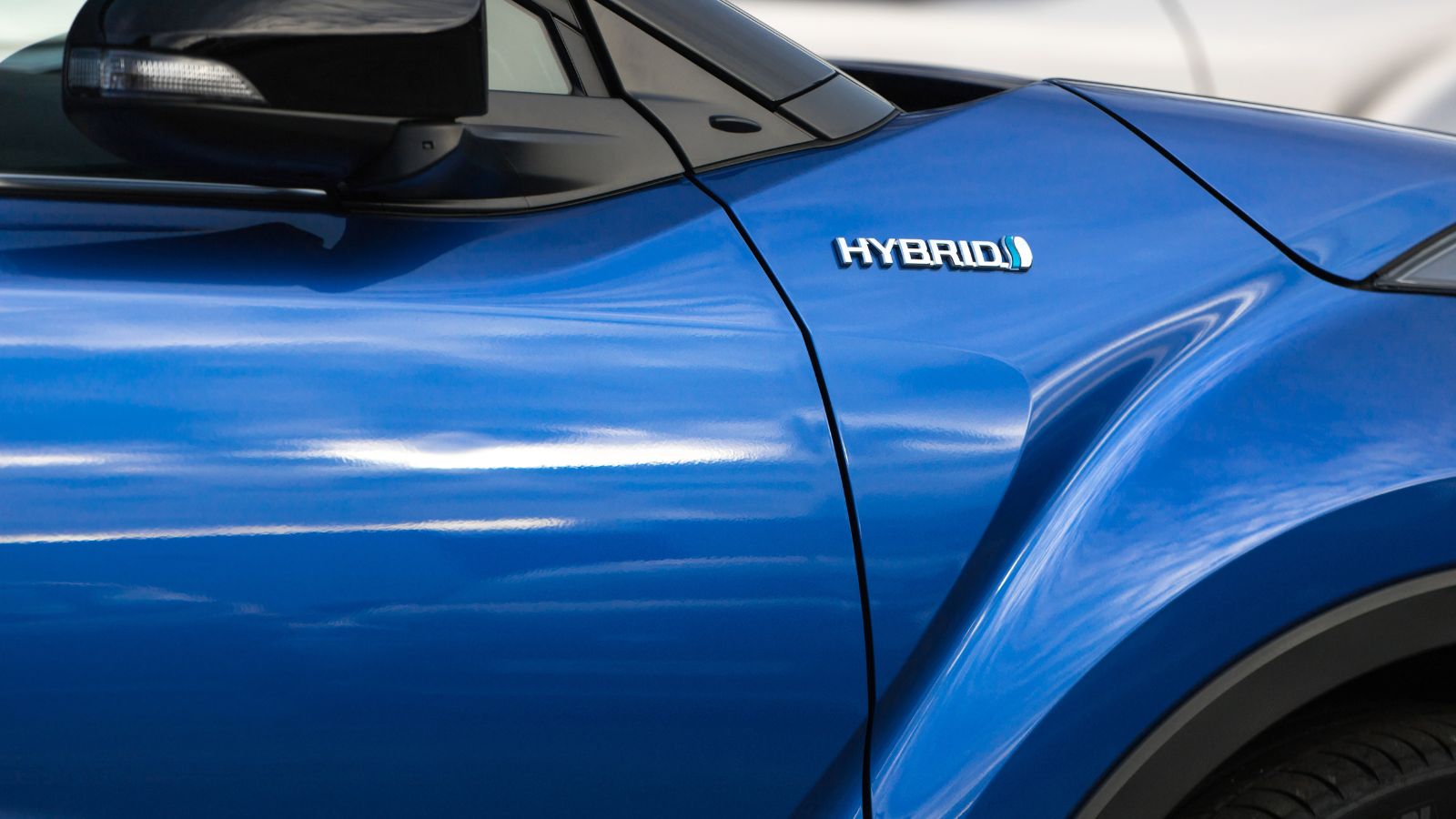
So, are hybrid cars really cheaper in the long run? The answer is yes, but with conditions. Drivers who keep their cars for many years, log plenty of city kilometers, and live in regions with high fuel costs are the ones who benefit most. For short-term owners, highway commuters, or those who frequently trade cars, the cost advantage is much less clear.
The true value of a hybrid often extends beyond the balance sheet. It lies in quieter operation, fewer emissions, and the satisfaction of driving something more efficient and responsible. For many owners, that sense of sustainability and modern technology justifies the price difference even if the fuel savings take years to show.
In the end, hybrids represent a practical middle path. They are not as futuristic as electric cars or as simple as gas engines, but they blend the two worlds in a way that still makes sense for millions of drivers. If you drive smartly and hold on to your car for the long run, a hybrid can indeed save you money and maybe a bit of guilt at the pump.
25 Facts About Car Loans That Most Drivers Don’t Realize

Car loans are one of the most common ways people fund car purchases. Like any other kind of loan, car loans can have certain features that can be regarded as an advantage or a disadvantage to the borrower. Understanding all essential facts about car loans and how they work to ensure that you get the best deal for your financial situation is essential. Here are 25 shocking facts about car loans that most drivers don’t realize:
25 Facts About Car Loans That Most Drivers Don’t Realize
